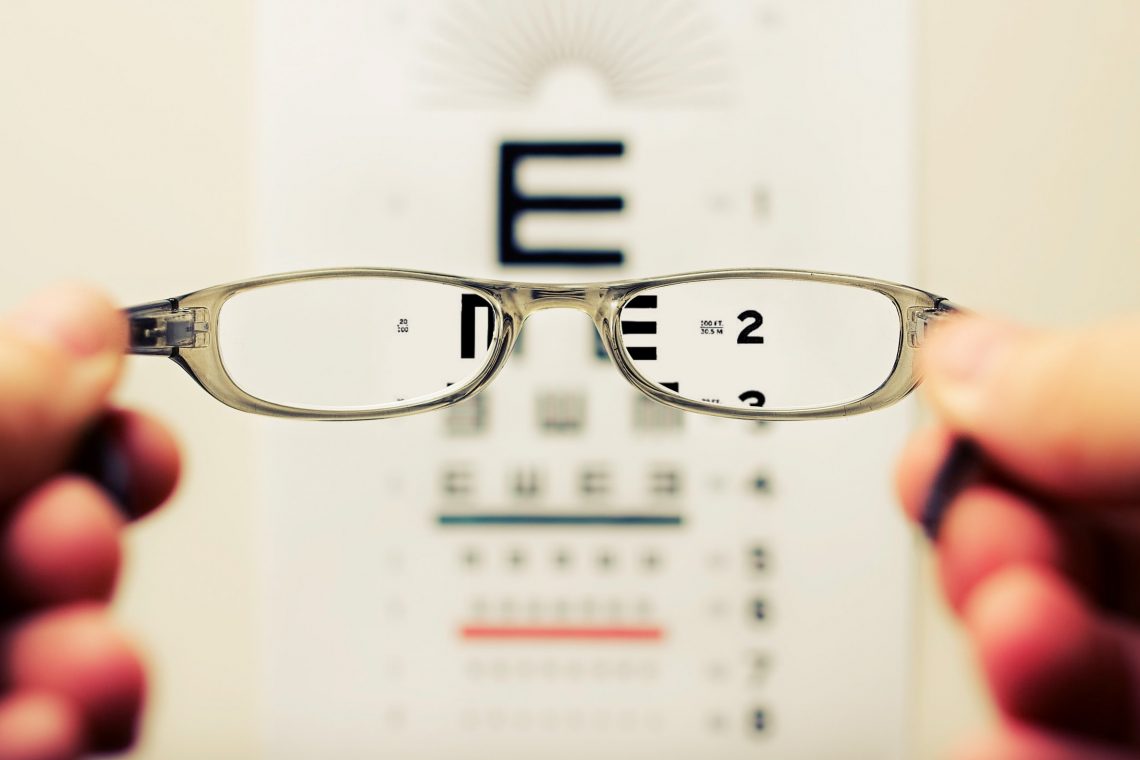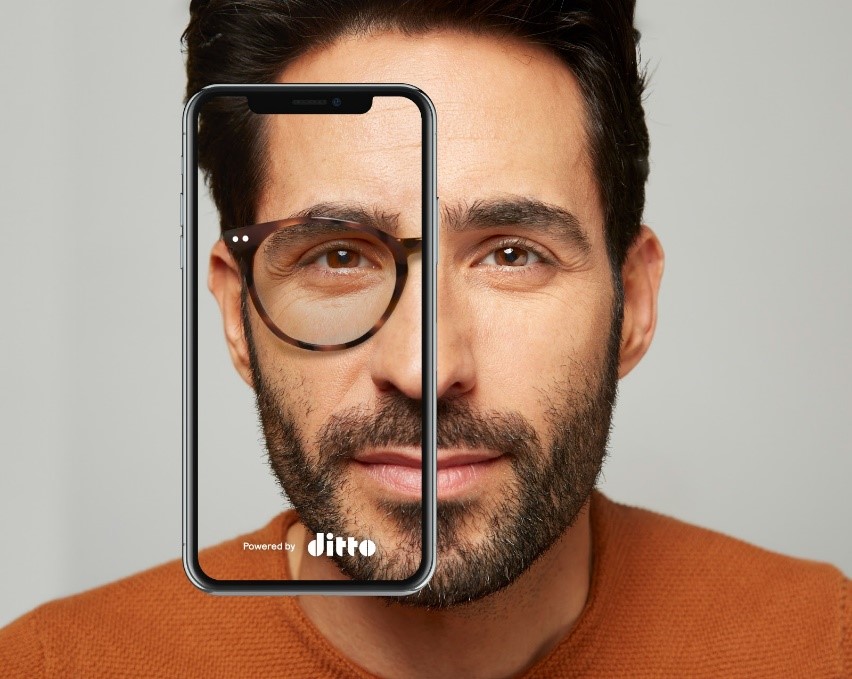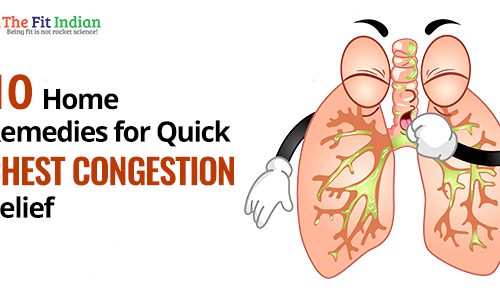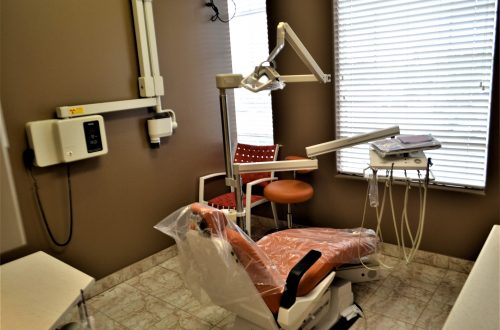
Importance of Eye Health and How to Care for Our Eyes
We often take for granted the gift of eyesight. Think about what life would be like if you could not see or not see well. It is important that we learn about eye health and how to care for our eyes. Our overall health impacts our eyes. A healthy body means healthy eyes. It is important to have regular eye exams throughout your life to catch any risk of vision loss. Here are some questions we should consider for healthy eyes.
How often should you have an eye exam?
Children 3 and under
Children younger than three are examined by their pediatrician. The pediatrician will look for common eye programs such as crossed eyes, lazy eye, or misaligned eyes. If there are any concerns, the pediatrician will refer you to a specialist for further examination.
School-aged children
Your child should have an eye exam before they start school. Children should have their eyes checked every two years. Take note if your child seems to have difficulty reading, such as having to have their books close to their face. Sometimes the teacher will recognize if the child can’t see well from farther back in the room. This is a good indication that they need to have an eye exam.
Adults
Unless you are having problems with your eyes, you should have an eye exam every five to ten years in your 20s and 30s. Our eyes change over time, so when you get into your 40s to 50s, you should go every two to four years. As you age and depending on your health, you may need to go every year to every three years.
The Exam
The exam is more than just a vision test. The doctor also checks the pressure of your eye for glaucoma, retinal exam, and eye health.
Virtual Exams
We live busy lives and travel frequently, making it difficult to schedule eye exams regularly. You can now have virtual vision exams. This test only determines the patient’s eyeglass or contact lens prescription. This is only useful for people who already have eyeglasses and know they need to have a stronger lens. The virtual exam cannot test the health of your eyes, only vision.
Check with your health insurance as not all will cover virtual vision exams.
Because of the COVID-19 virus, optometrists have had to use virtual exams because patients could not go to the office unless it was an emergency. My doctor had a telehealth program that used my iPhone to look at my eyes, which was magnified on a computer at the office.
Virtual Try-on Glasses

Not only can you have your vision tested virtually, but you can try on glasses as well. Places like SmartBuyGlasses has a program where you can choose your glasses and try them on virtually. You can test out different styles of frames and see how they will look on your face.
How can you care for your eyes?
You can care for your eyes by caring for your overall health. Your health affects your eyes. Things like diabetes, high cholesterol, and high blood pressure can negatively impact your eye health.
Eat Healthily
Eat plenty of dark, leafy greens like kale, spinach, and collard greens. Sweet potatoes, carrots, and other deep orange-colored vegetables are a good source of beta carotene, giving you vitamin A needed to prevent dry eyes and night blindness. Strawberries and other fruits and vegetables provide are a good source of vitamin C, which lowers your risk of cataracts. Salmon oil, vitamin D, flax, and chia seeds are good sources of omega-3 fatty acids.

Stop Smoking
We all know that smoking is not good for our lungs, but did you know that smoking is not good for our eyes either? Smoking increases our risk of macular degeneration and cataracts as well as harmful for the optic nerve.
Exercise
Exercise helps control weight, diabetes, high blood pressure, and high cholesterol. Reducing these diseases will help reduce your risk of developing vision problems from these diseases.
Rest your eyes
If you sit at the computer all day, be sure to take time away from the screen to rest your eyes.
Follow the 20-20-20 rule. Every 20 minutes, stop and look at something 20 feet away for 20 seconds. This will give your eyes a rest and reduce eyestrain.
How can I protect my eyes?
Sunglasses
Wear sunglasses to protect your eyes from the harmful rays of the sun. Look for sunglasses that reduce the glare of the sun. They should filter out 99-100% of the UV rays. Make sure they are comfortable to wear and do not distort colors. Don’t forget to wear some type of sunglasses that will protect your eyes from the reflection off of the water and snow.
Sunglasses for children

Don’t forget to get sunglasses for your child. They especially need protection from the harmful effects of UV rays. Make sure you get lenses that are impact-resistant and fit snugly in the frames. Choose lenses that are large enough to protect their eyes from all angles.
Wearing a wide-brim hat for both adults and children can reduce the UV rays that reach the eyes in half.
Protect from an eye injury
Use protective eyewear when doing anything that might cause flying objects to hit your face, such as mowing the lawn, sawing wood, etc. Wear protective eyewear when participating in sports. Chemical goggles should be worn when being exposed to dangerous chemicals such as pesticides and fertilizers.
Keep dangerous chemicals away from the reach of children.
First Aid for Eyes
If you get something in your eye, see your ophthalmologist as soon as possible if you are in a lot of pain. You may need to go to the ER, depending on the pain.
If you have gotten some sawdust or dirt in your eye, you can try washing it out with a saline solution or clean water. If you have an eye cup, you can put some saline solution (such as dry eye drops) in the cup. Rest the cup below your lower eyelid and open and close your eyelid several times.
This may flush out the debris from the eye. Wear sunglasses for a while as your eye will be sensitive to light. Do not rub your eyes. It is a natural reflex, but you could cause more damage. If washing your eye does not help, you want to seek medical help.
Conclusion
Our eyes are precious.
Follow these tips for good eye health and take care of your eyes. Have regular eye exams. Wear sunglasses with 99-100% UV protection for both adults and children. Wear protective eyewear when working with things that could damage your eyes. Don’t forget to take care of your overall health so that your eye health will be healthy also.
Featured Photo by David Travis on Unsplash




